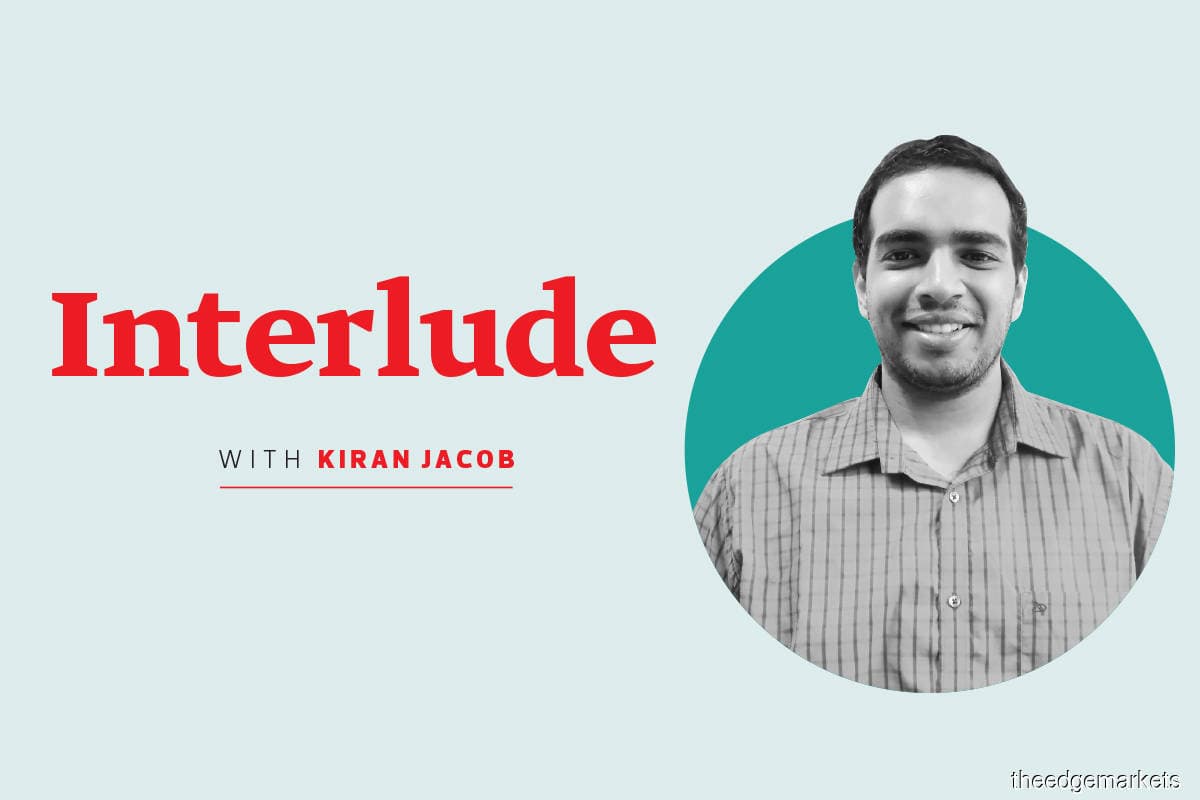
This article first appeared in Wealth, The Edge Malaysia Weekly on August 29, 2022 - September 4, 2022
The benefits of Buy Now Pay Later (BNPL) may be apparent to consumers, especially when people have little money to spare and poor cash flow. Its downside may, however, take some time to manifest. Allow me to go back in time and share my story to illustrate this point.
March 2020 has become synonymous with the month in which all of us became captives in our homes, with the coronavirus and all the uncertainties that came with it unleashing panic and confusion on a scale that none of us had experienced before. Malaysia geared up to enter into a lockdown as a nation, with many thinking it would last a couple of weeks, not knowing that it would last months on end.
The experience of going to a grocery store after the first lockdown was announced will forever be etched in my psyche. I sauntered to the store, assuming it would be the way it always was, where I grabbed what I needed and then headed back home.
My first inkling of the terror I was about to experience was when I saw the crowds waiting to enter the store, at a time when “social distancing” was yet to be a phrase drilled into our consciousness. Inside, people were pushing and shoving while packing more groceries than they needed into their already-full shopping carts, while snarling and growling at anyone that came close. On that day, I went home feeling defeated, managing to procure only a measly packet of oats, carrots and beans, which were of little use to my family.
As the pandemic progressed, the fear of going out and contracting the virus intensified, thus aiding in the popularity of food delivery services. My experience in the grocery store, along with the long lines at restaurants, meant I was the perfect candidate for food delivery services, hence my meet-cute with GrabFood.
The ease, convenience and number of options I had on the platform meant I fell hard and fast, purchasing food whenever I felt like it, and my meals were delivered right to my doorstep. Like Romeo and Juliet, my love for GrabFood could not be flaunted. Yet, in fear of emptying my bank account and being broke, I spent my money carefully, although I wanted so much more.
And then, a miracle happened: Grab introduced the PayLater option, which, like the name suggests, allows you to purchase a product upfront while paying for it later with no interest or fees. It meant I could now indulge my every whim and fancy without worrying about the consequences. It made it easy for me to let my financial problems be a worry of the future while, today, I could be a maharaja, lounging in my castle awaiting my hand-delivered food. I strutted around my home like a king that provides generously for its subjects (read family members).
Whenever anyone was hungry, I was there. In need of coffee? I was there. Cuisines spanning continents, all at my fingertips.
This carried on throughout the month until the sobering reality of having to pay the debt I had accumulated over the month hit me, when I received a notification from Grab saying I owed it a whopping RM1,223.30.
I was completely taken aback, having neglected to keep track of my expenses over the month, and never in my wildest dreams did I think I had spent that much money. I paid it off, which was no mean feat, as I was working as a freelancer at the time, and I pledged not to make another BNPL purchase ever again.
It has been some time since I used the Grab PayLater service, and I have always been mindful of my spending. Grab, on its part, has features to promote mindful spending, including adjusting the PayLater available amount based on user profile and information — such as how long a person has been a Grab user — where the available amount can be reduced to protect a user from overspending.
My month of uninhibited spending, which left me with a bill that I could barely afford, will always serve as a reminder to be mindful of my spending. It also taught me about the risk of spending future money using BNPL. After all, how much future money is there for you to spend? How certain are you about the stability of your income? And how much later can you delay paying your bills?
Given that BNPL is getting more prevalent today, it is no wonder the regulators, including Bank Negara Malaysia, are formulating the Consumer Credit Act to strengthen protection for credit consumers in Malaysia. While the details have yet to be finalised, I believe it is a step in the right direction.
Save by subscribing to us for your print and/or digital copy.
P/S: The Edge is also available on Apple's AppStore and Androids' Google Play.